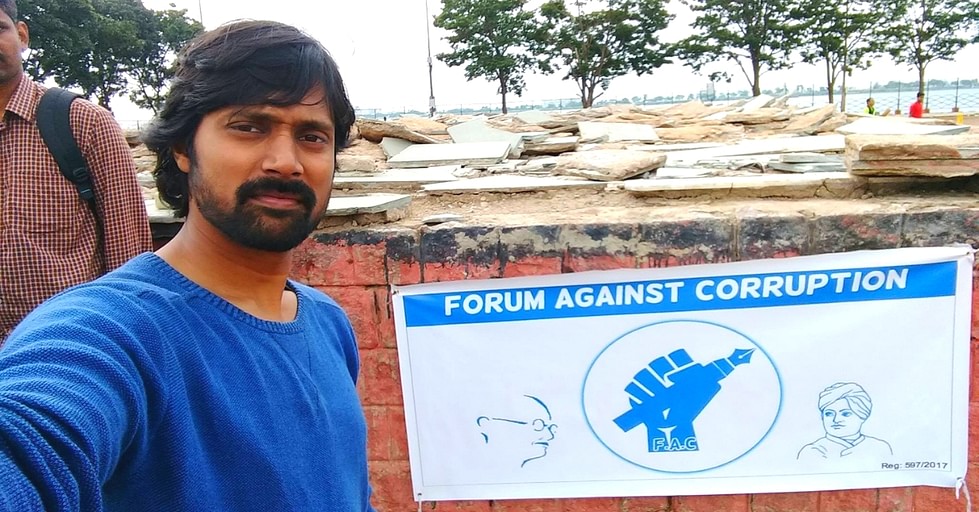Ten days ago, a friend who was visiting me in Gurgaon from Mumbai walked into the restaurant fuming. The cause of her anger were seven consecutive cab drivers who cancelled her booking. She was to travel from Delhi into Gurgaon and most cab drivers did not want to cross the state border.
Her anger was justified and as she sat down at the restaurant, she vowed to take it up with the cab aggregators.
However, like many of us, post dinner she forgot all about it and life went on.
In the absence of good public transportation systems in various states across India, one is forced to use the services of cab aggregators like Ola, Uber, Meru etc. Many times we are at the mercy of the cab drivers who decide on whether or not they wish to ferry a passenger from point A to B. These considerations are made on the basis of the distance and mode of payment that the passenger chooses.
For Vijay Gopal, an anti-corruption and consumer rights’ activist from Hyderabad, this subjectivity on the part of a common services provider was not acceptable.

The need to bring about a change was very strong and one that even led him to file a Public Interest Litigation to get the courts to intervene and provide a redressal mechanism for hassled commuters due to cab drivers denying a passenger a ride on arbitrary reasons.
Here’s what you can do if a cab driver refuses to fulfil the trip or cancels on you:
1. When you book a ride through any cab aggregator ensure that you make note of the cab number. Preferably take a screenshot on your mobile.
2. If after booking a ride the cab driver calls and asks you for the end destination, do share the same with them.
3. If upon learning of the end destination, the cab driver cancels the ride or refuses to allow you to board – share the date, time, location with your city Traffic police on twitter or via WhatsApp. You also need to take a screenshot of the cancelled ride to share with the traffic police.
4. Cancelling the ride attracts a penalty of Rs 500 for state run buses and Rs 200 for private cabs, which the state police directly raises on the vehicle, u/s 178 (3) (a) of the Motor Vehicle Act, 1988
Vijay says, “The issue here is multi-fold and one needs to address them all. If a cab driver has completed about 20 trips in a day, the money is not accrued to him immediately and that puts the cab driver in a difficult position. Therefore, when a customer says that the mode of payment is digital, the cab driver cancels the ride to avoid the delay in receiving the payment.”
He goes on to say that even if the aggregators can settle the amount by the end of each day, it will help reduce the number of rides that are cancelled on a daily basis.
“A law that mandates the aggregators to pay the cab drivers within a stipulated period of time will go a long way in tackling this issue of ride cancellations,” says Vijay. He also explains that the commercial vehicle license rules mandates that the holder of the license shall not deny a passenger a ride for any reason when he is on duty.
Vijay’s angst against such cancellations of rides comes from a very personal experience. While recovering from an accident in which he had a serious foot injury and was struggling to walk about he was once made to wait for over 40 minutes, stranded waiting for a cab, while multiple drivers kept cancelling his ride. “My anger doesn’t go away without having addressed the situation and that is exactly why I have been fighting for this cause,” he concludes.
(Edited by Vinayak Hegde)